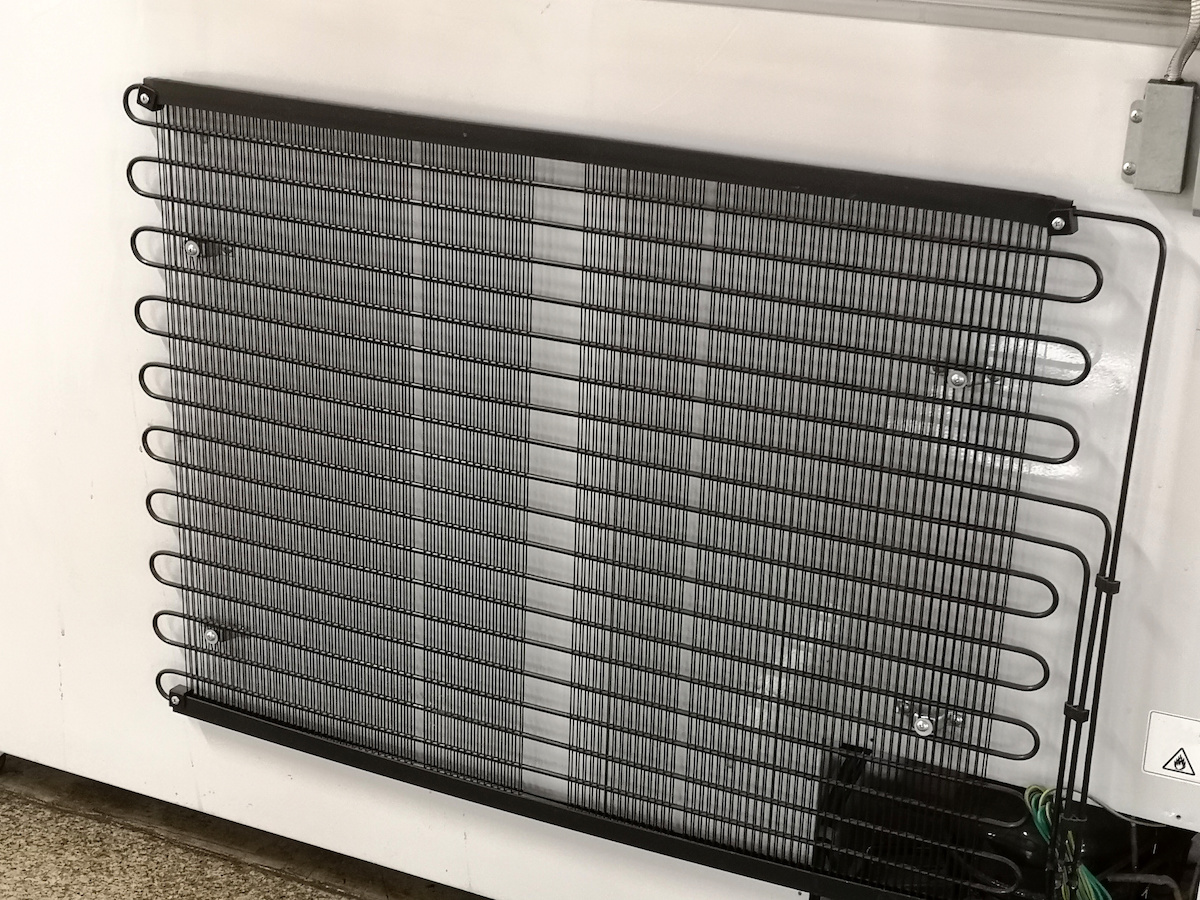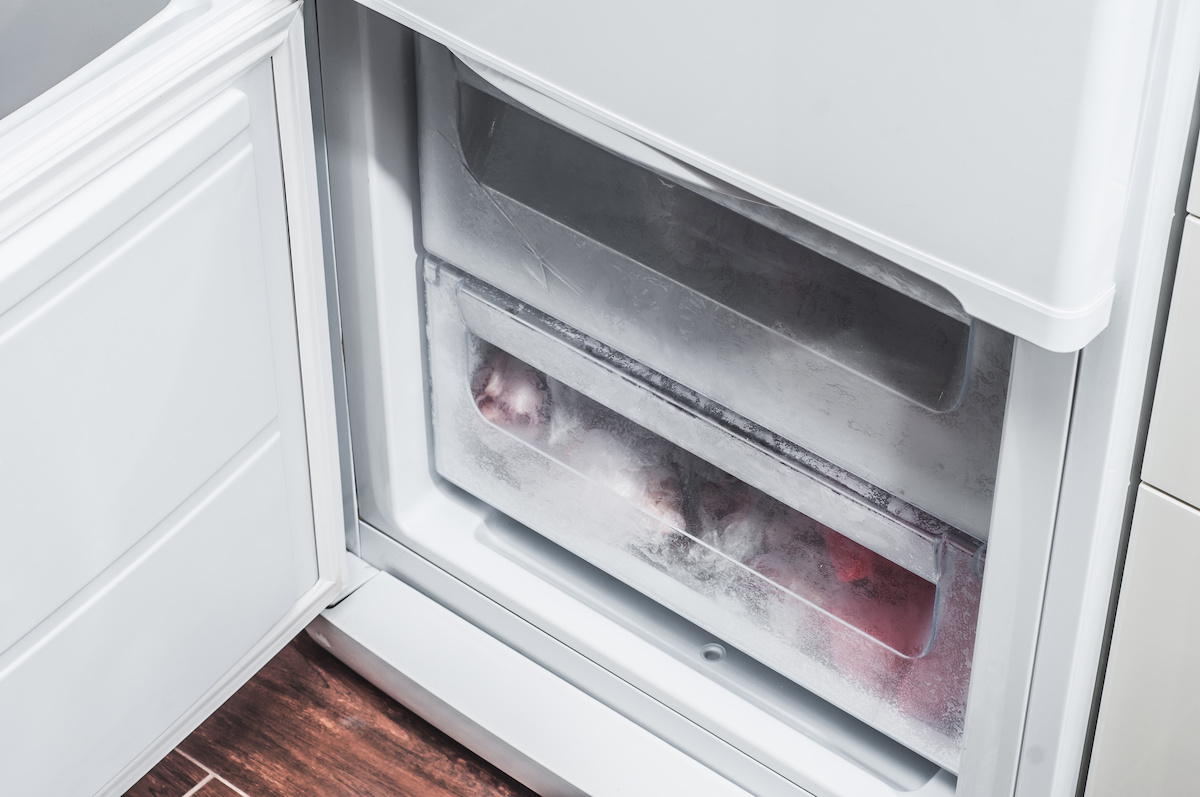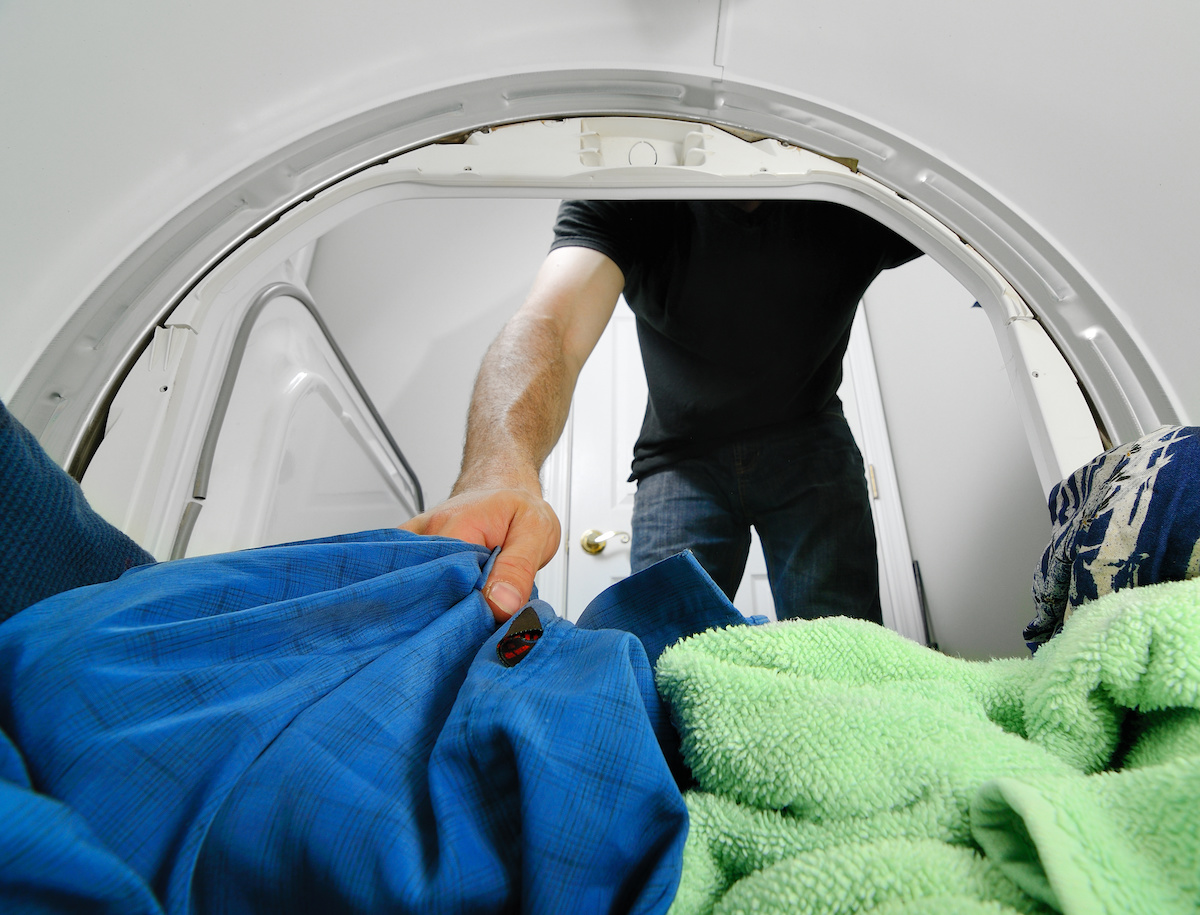
Is it Better to Repair or Replace a Dryer?
When your dryer starts acting up, it can be a frustrating experience. Suddenly, you’re faced with the decision of whether to repair the appliance or make the investment to replace a dryer. This decision is not always straightforward, as there are several factors to consider. In this comprehensive guide from Atlanta Appliance Services, we’ll explore the pros and cons of repairing versus replacing a dryer to help you make an informed decision.
Signs Your Dryer Needs Attention
Your dryer plays a crucial role in keeping your clothes clean and fresh, but like any appliance, it may require maintenance or repairs from time to time. Here are some common signs that indicate your dryer may need attention:
1. Failure to Heat
- Cold or Damp Clothes: One of the most obvious signs of a heating problem is when your clothes come out of the dryer cold or damp. This could indicate a malfunctioning heating element, thermostat, or thermal fuse.
- Incomplete Drying Cycle: If your dryer stops heating midway through a drying cycle, it may be due to a faulty heating component. In some cases, the dryer may continue to tumble but fail to produce any heat.
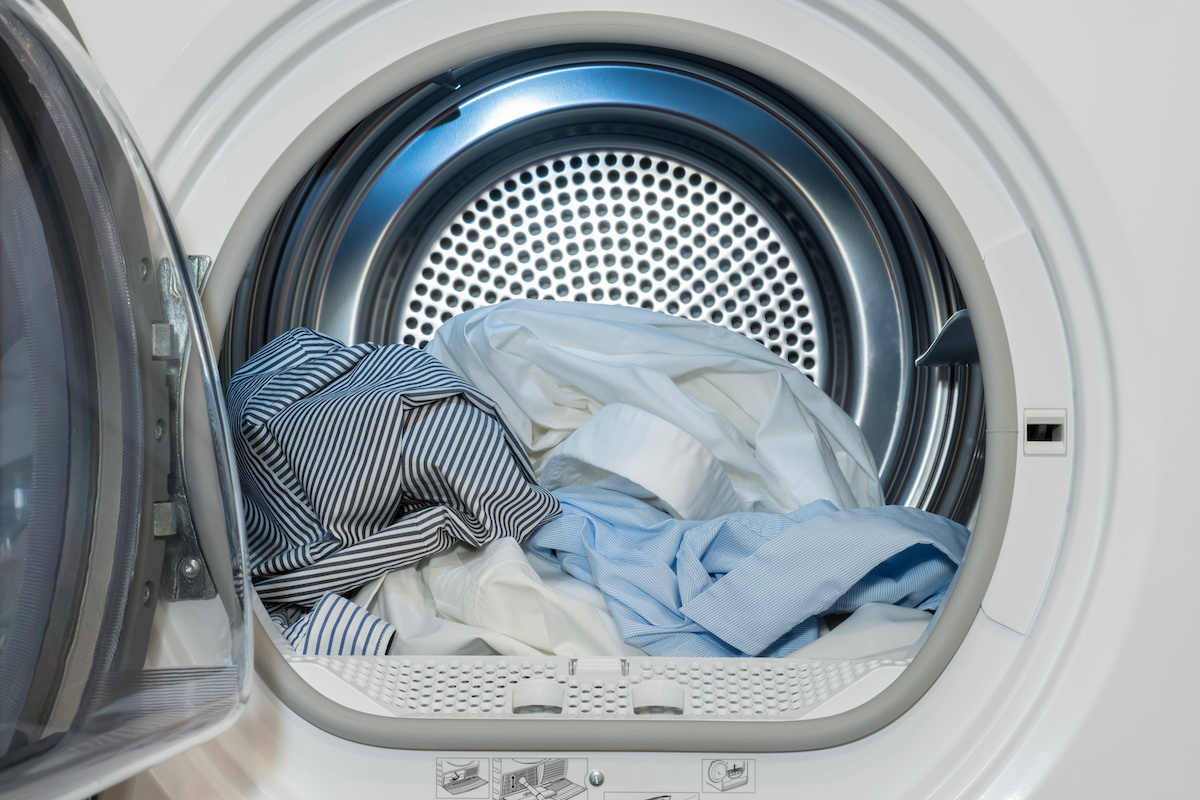
2. Loud Noises
- Banging or Clanking Sounds: Unusual noises such as banging, clanking, or thumping during the drying cycle may indicate issues with the dryer’s drum support rollers, bearings, or belt.
- Squealing or Screeching: A high-pitched squealing or screeching noise when the dryer is in use could be a sign of worn-out drum support rollers or a faulty idler pulley.
- Grinding or Scraping: Grinding or scraping sounds may indicate that metal components within the dryer are rubbing against each other, potentially due to worn bearings or a misaligned drum.
3. Failure to Tumble
- Drum Not Spinning: If the dryer drum fails to spin when you start a drying cycle, it could be due to a broken drive belt, faulty motor, or malfunctioning idler pulley.
- Stuck or Jammed: In some cases, foreign objects such as coins, buttons, or small articles of clothing may become lodged between the drum and the dryer’s interior, causing it to jam.
4. Long Drying Times
- Extended Drying Cycles: If your clothes are taking longer than usual to dry, it may be a sign of restricted airflow due to a clogged lint trap, vent duct, or lint buildup within the dryer itself.
- Overheating: Prolonged drying times can also lead to overheating, as the dryer works harder to dry the clothes. This can increase the risk of component failure and pose a fire hazard.
5. Burning Smell
- Electrical Odor: A burning smell coming from your dryer could indicate a problem with the motor, belt, or electrical wiring. Ignoring this warning sign could lead to a potential fire hazard and should be addressed immediately.
- Lint Accumulation: Excessive lint buildup within the dryer or vent ducts can also cause a burning smell when it comes into contact with hot components. Regular cleaning and maintenance can help prevent this issue.
6. Visual Signs
- Visible Damage: Inspect the exterior and interior of your dryer for any signs of visible damage, such as cracks, dents, or rust. These issues may indicate underlying problems that require attention.
- Worn Belts or Pulleys: Check the condition of the drive belt and idler pulley for signs of wear or damage. Worn belts can cause the drum to slip or fail to spin, while damaged pulleys may impede the movement of the belt.
7. Electrical Issues
- Tripped Circuit Breaker: If your dryer repeatedly trips the circuit breaker or blows a fuse when in use, it may indicate an electrical problem that requires professional attention.
- Intermittent Power: Intermittent power or flickering lights when the dryer is running may be a sign of loose connections, damaged wiring, or a failing electrical component.
8. Age and Usage
- Older Appliances: As dryers age, they may become less efficient and more prone to breakdowns. If your dryer is nearing the end of its expected lifespan (typically 10-15 years), it may be more cost-effective to replace it rather than investing in costly repairs.
- Heavy Usage: Dryers that are used frequently or for large loads may experience more wear and tear over time, leading to increased maintenance and repair needs.
Identifying these signs early and addressing them promptly can help prevent further damage to your dryer and ensure it continues to operate safely and efficiently. If you notice any of these signs, it’s essential to contact a professional appliance repair technician to diagnose and repair the issue before it worsens. At Atlanta Appliance Services, our team of experienced technicians is here to help keep your dryer running smoothly and efficiently.
Pros and Cons of Repairing a Dryer
Pros:
- Cost-Effective: Repairing a dryer is often more cost-effective than replacing it, especially if the issue is minor and can be fixed with relatively inexpensive parts and labor.
- Extended Lifespan: Addressing problems promptly through repairs can extend the lifespan of your dryer, allowing you to get more years of use out of the appliance.
- Convenience: Repairing a dryer allows you to avoid the hassle of shopping for a new appliance, scheduling delivery, and disposing of the old one.
Cons:
- Potential for Future Issues: Repairing a dryer does not guarantee that other components won’t fail in the future. You may find yourself facing additional repair costs down the line.
- Obsolete Parts: Older dryers may have obsolete parts that are difficult or expensive to replace. In such cases, it may be more practical to invest in a new appliance.
- Temporary Fix: Some repairs may only provide a temporary solution to the problem, especially if the appliance is nearing the end of its lifespan.
Pros and Cons of Replacing a Dryer
Pros:
- Newer Technology: Investing in a new dryer allows you to take advantage of the latest technology and energy-efficient features that can save you money on utility bills.
- Warranty Coverage: New dryers typically come with manufacturer warranties that provide coverage for parts and labor, giving you peace of mind against unexpected repairs.
- Improved Performance: A new dryer is less likely to experience breakdowns and performance issues compared to an older appliance that may be nearing the end of its lifespan.
Cons:
- Higher Upfront Cost: Purchasing a new dryer is a significant investment that can be more expensive upfront compared to repairing the existing appliance.
- Disposal Hassle: Disposing of the old dryer can be a hassle, especially if you need to arrange for pickup or drop-off at a recycling center.
- Environmental Impact: Manufacturing and disposing of appliances have environmental implications, so replacing a dryer unnecessarily may not be the most eco-friendly option.
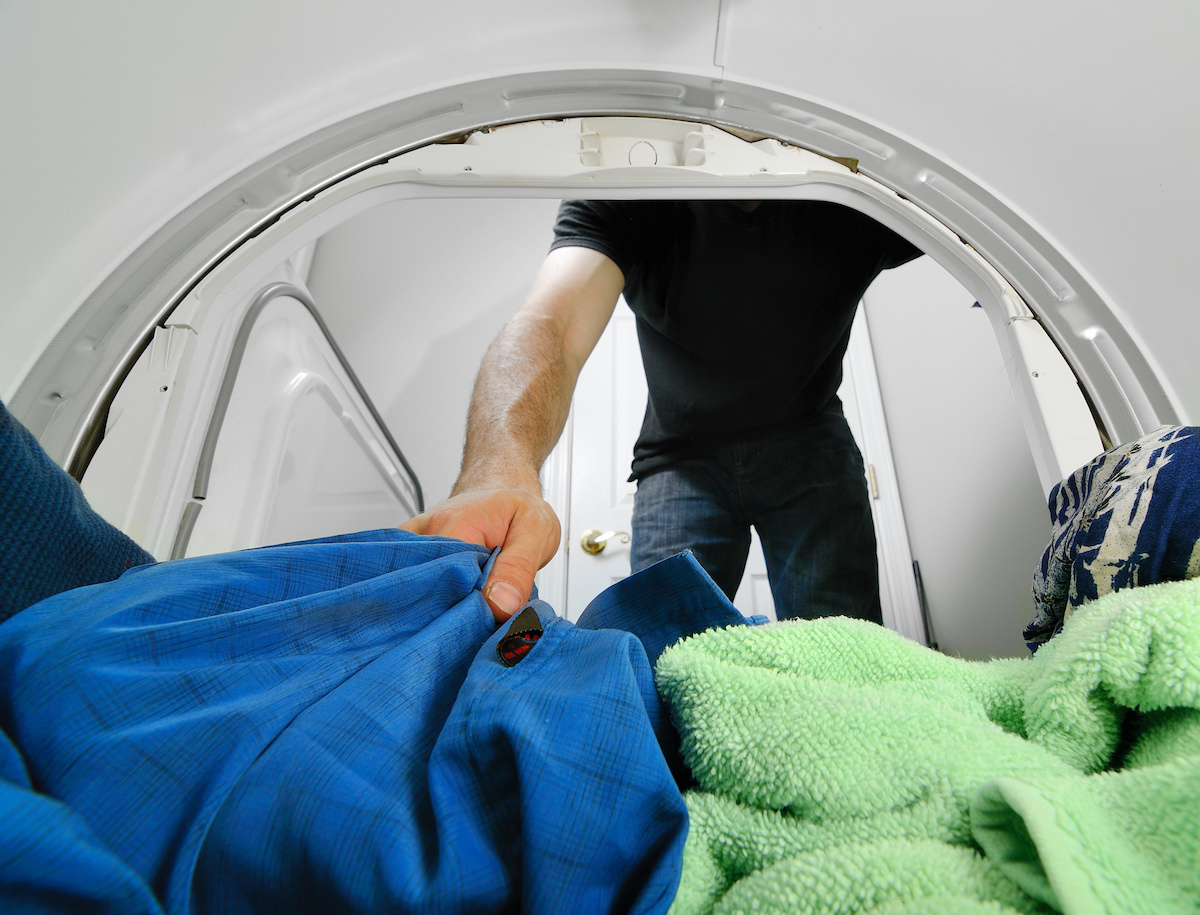
Making the Decision Between Repairing a Dryer or Replacing a Dryer
When deciding whether to repair or replace your dryer, consider the following factors:
- Age of the Dryer: If your dryer is relatively new and in good condition overall, repairing it may be the most sensible option. However, if the appliance is nearing the end of its expected lifespan (typically 10-15 years), replacement may be more cost-effective in the long run.
- Cost of Repairs: Compare the cost of repairs to the cost of a new dryer. If the repairs are minor and significantly cheaper than a replacement, it may be worth repairing the appliance. However, if the repairs are costly and likely to recur, replacement may be the better choice.
- Energy Efficiency: Consider the energy efficiency of your current dryer compared to newer models. Investing in a more energy-efficient dryer may lead to long-term savings on your utility bills and reduce your environmental footprint.
- Overall Condition: Assess the overall condition of your dryer, including its performance, reliability, and any recurring issues. If the appliance has multiple problems or has required frequent repairs in the past, it may be time to replace it.
Will You Repair or Replace a Dryer?
In conclusion, the decision to repair or replace a dryer depends on various factors, including the:
- Age of the appliance
- Cost of repairs
- Energy efficiency considerations
- Overall condition of the dryer
While repairing a dryer may be more cost-effective in some cases, replacing the appliance with a newer, more efficient model may offer long-term benefits in terms of performance, reliability, and energy savings.
At Atlanta Appliance Services, our team of experienced technicians can help you assess the condition of your dryer and provide expert repair services to keep your appliance running smoothly.
If you’re unsure whether to repair or replace a dryer, don’t hesitate to contact us for personalized advice and assistance. We’re here to help you make the best decision for your home and budget.

